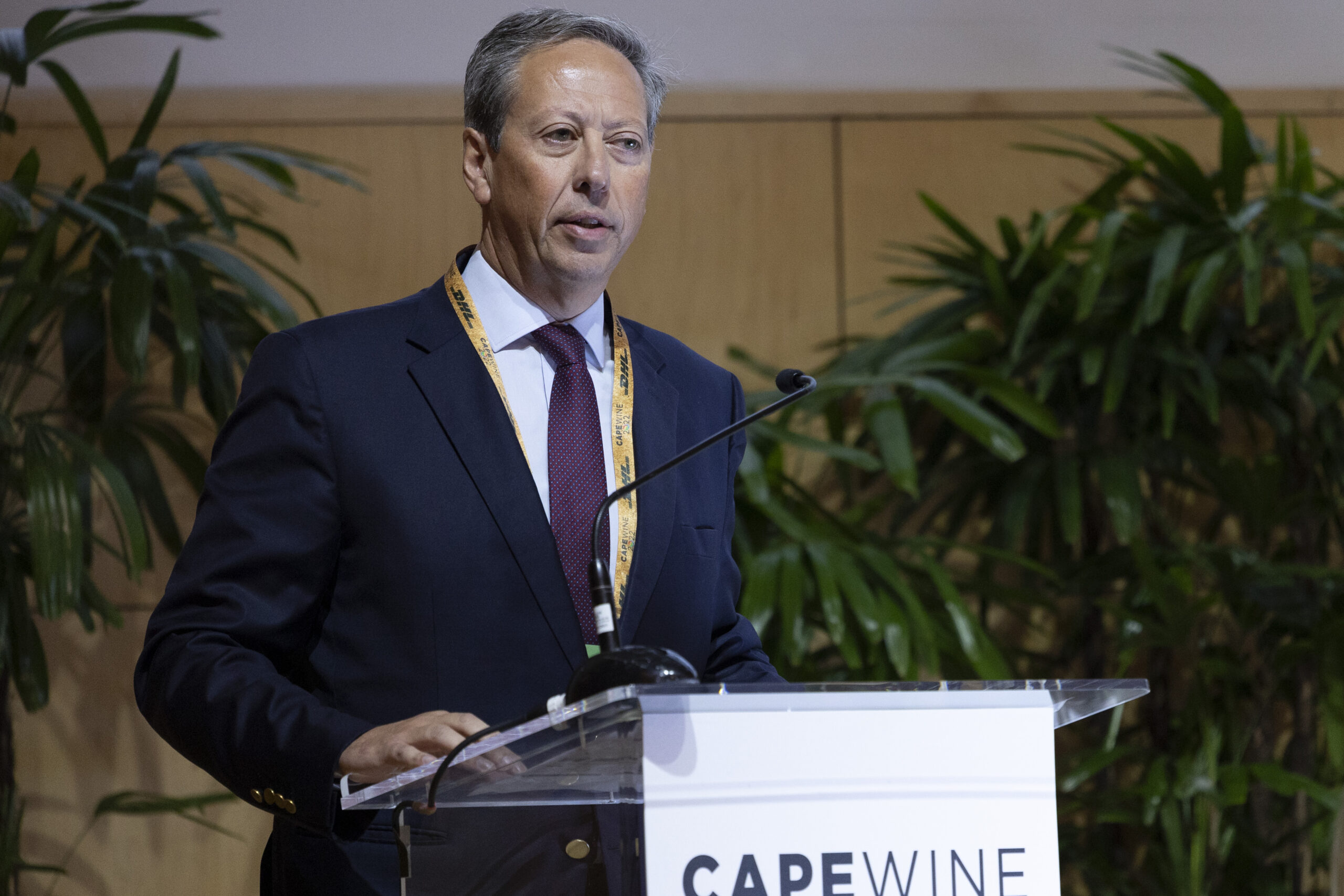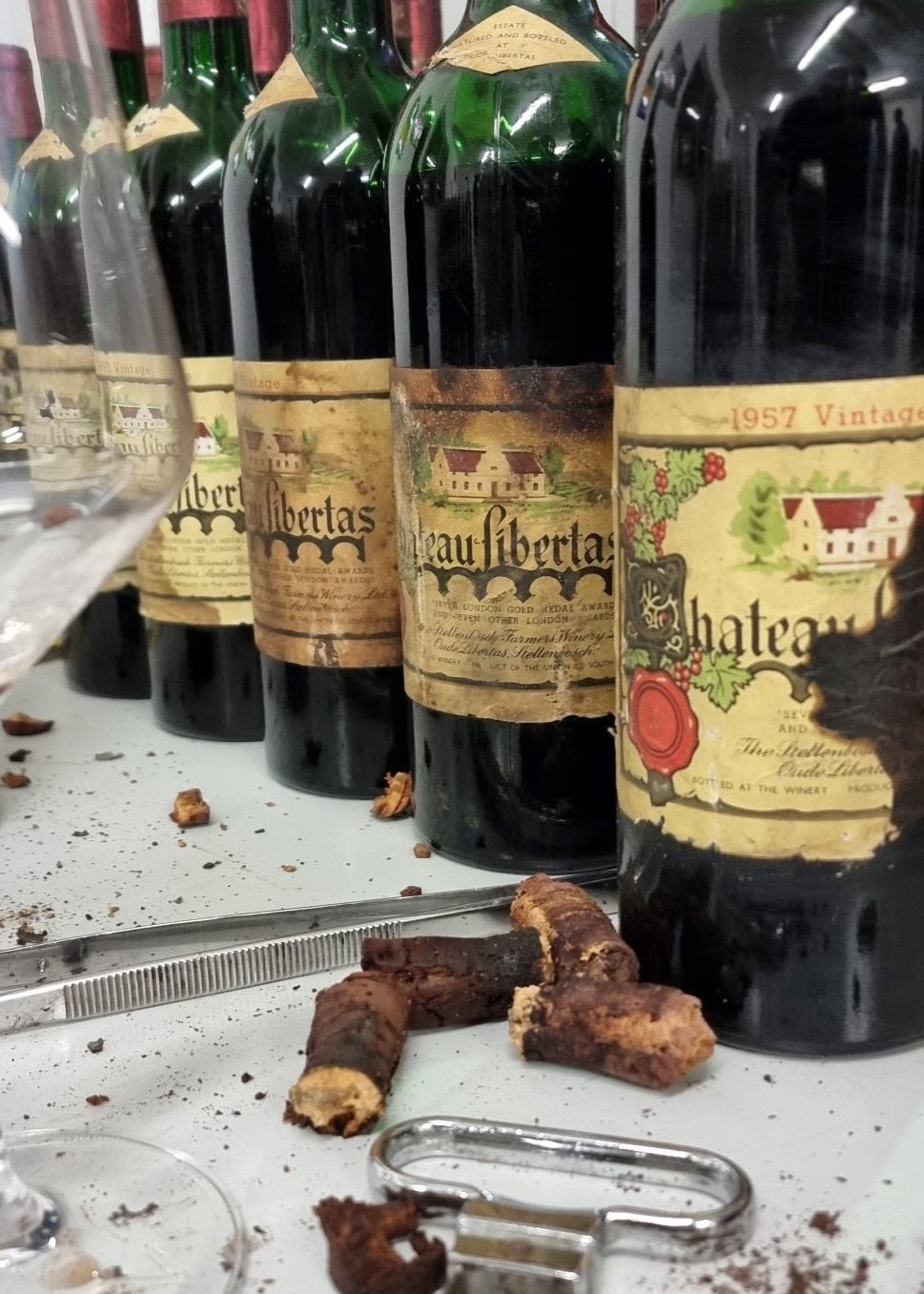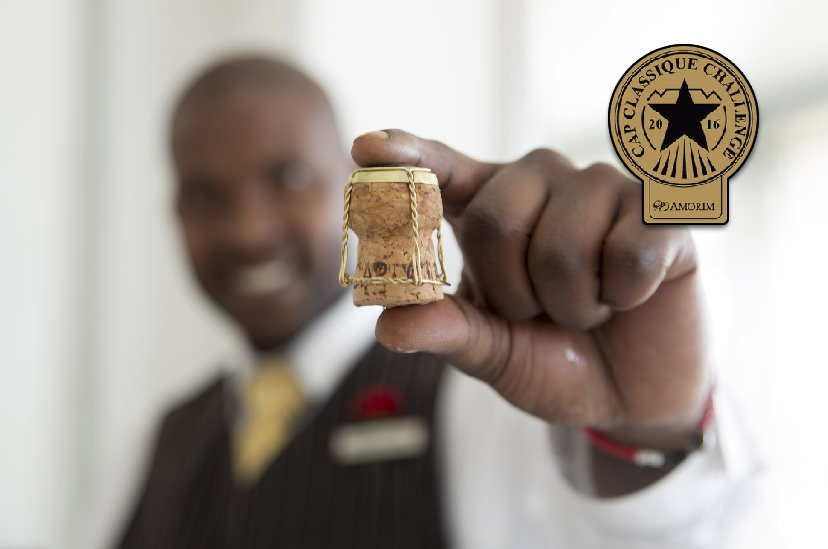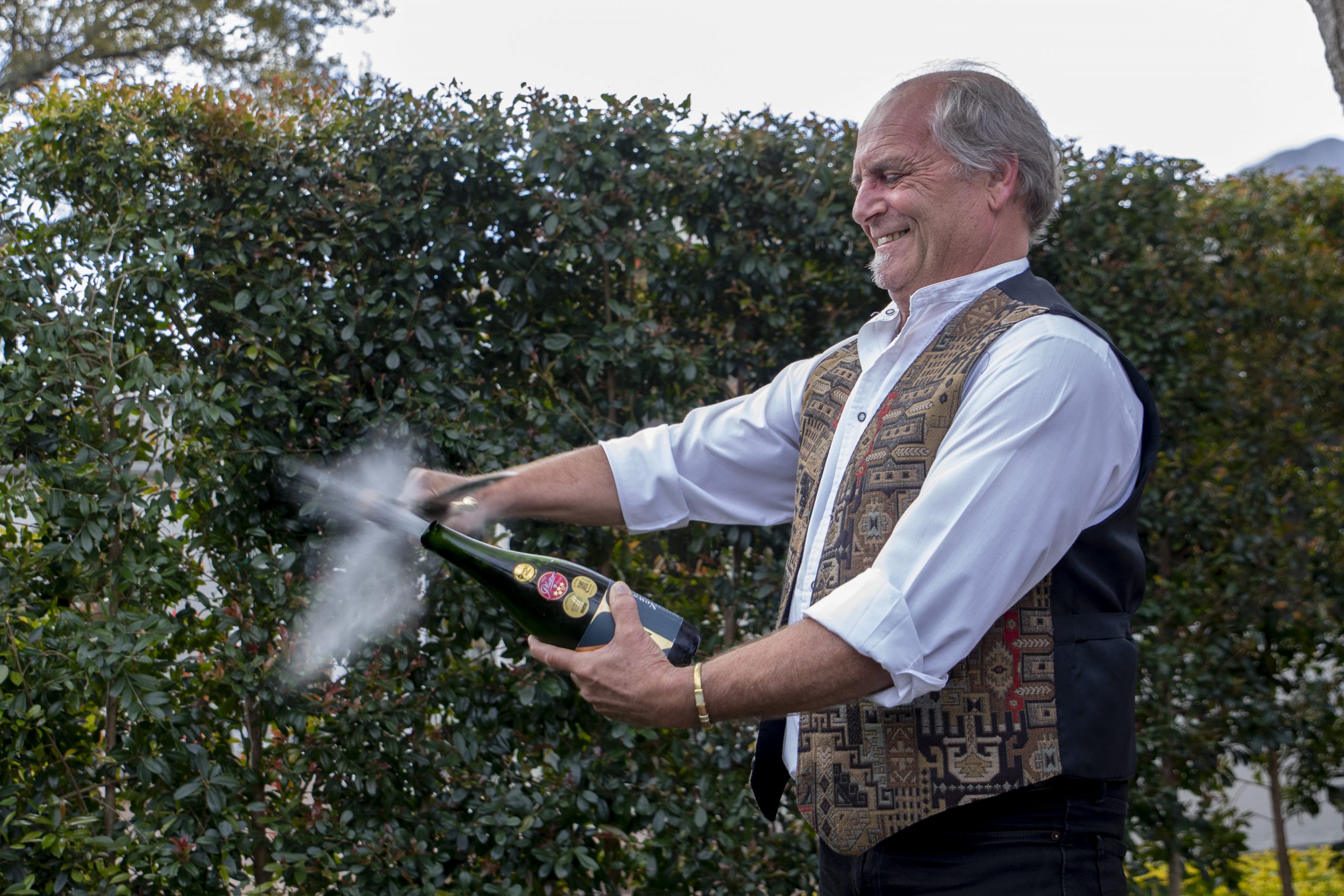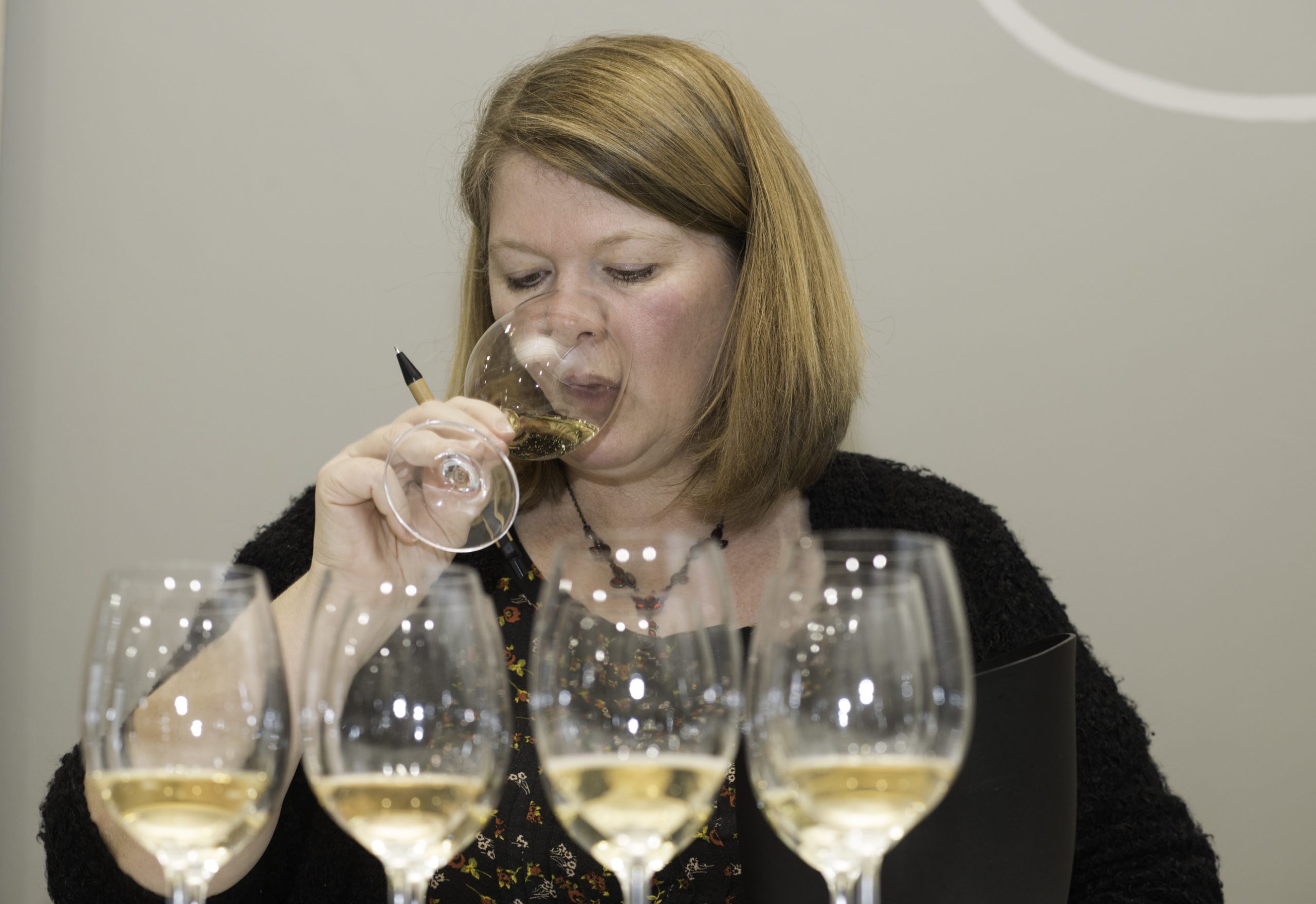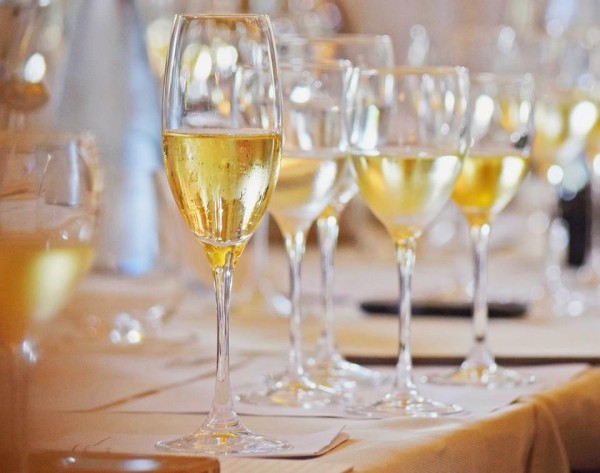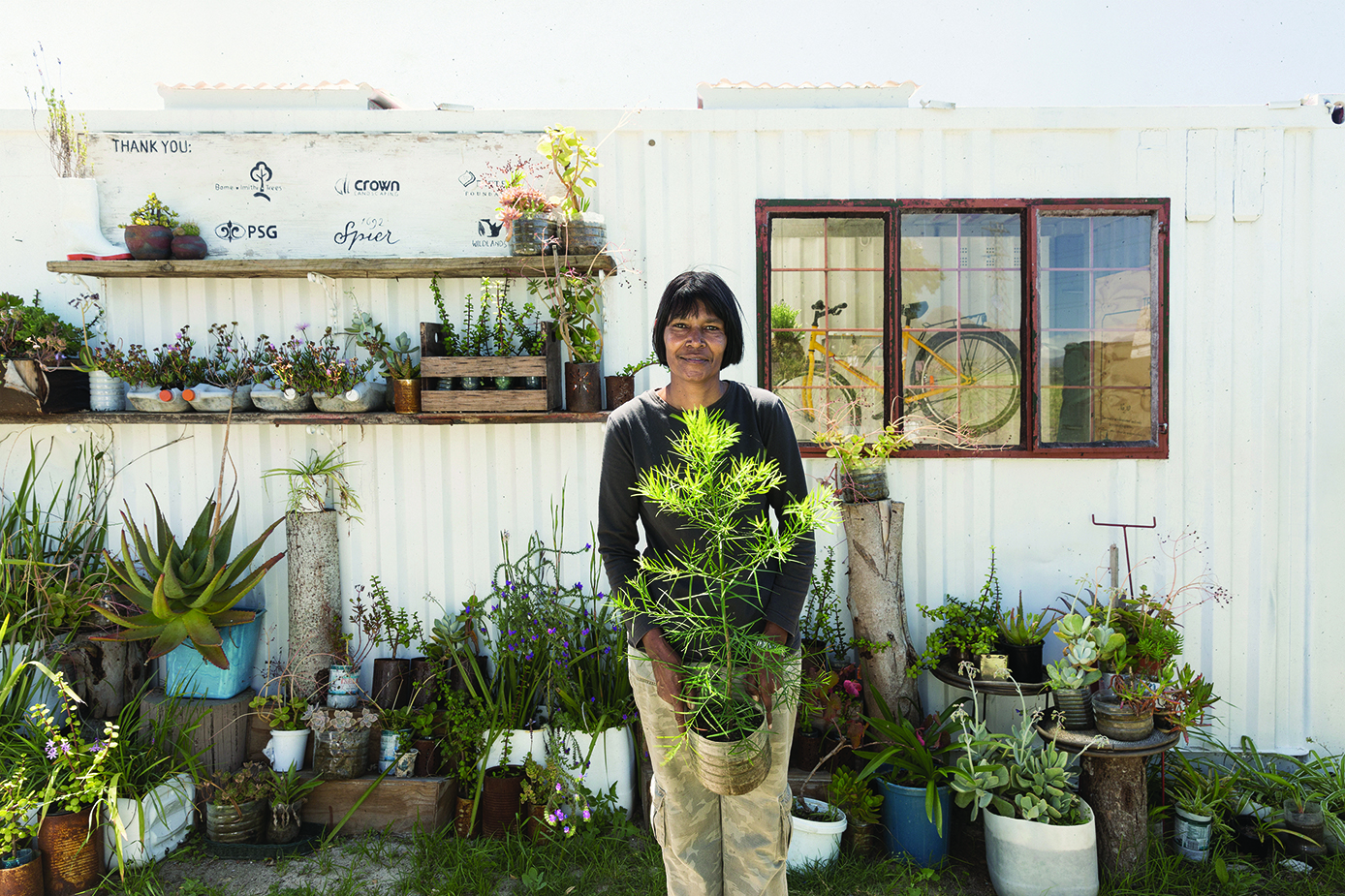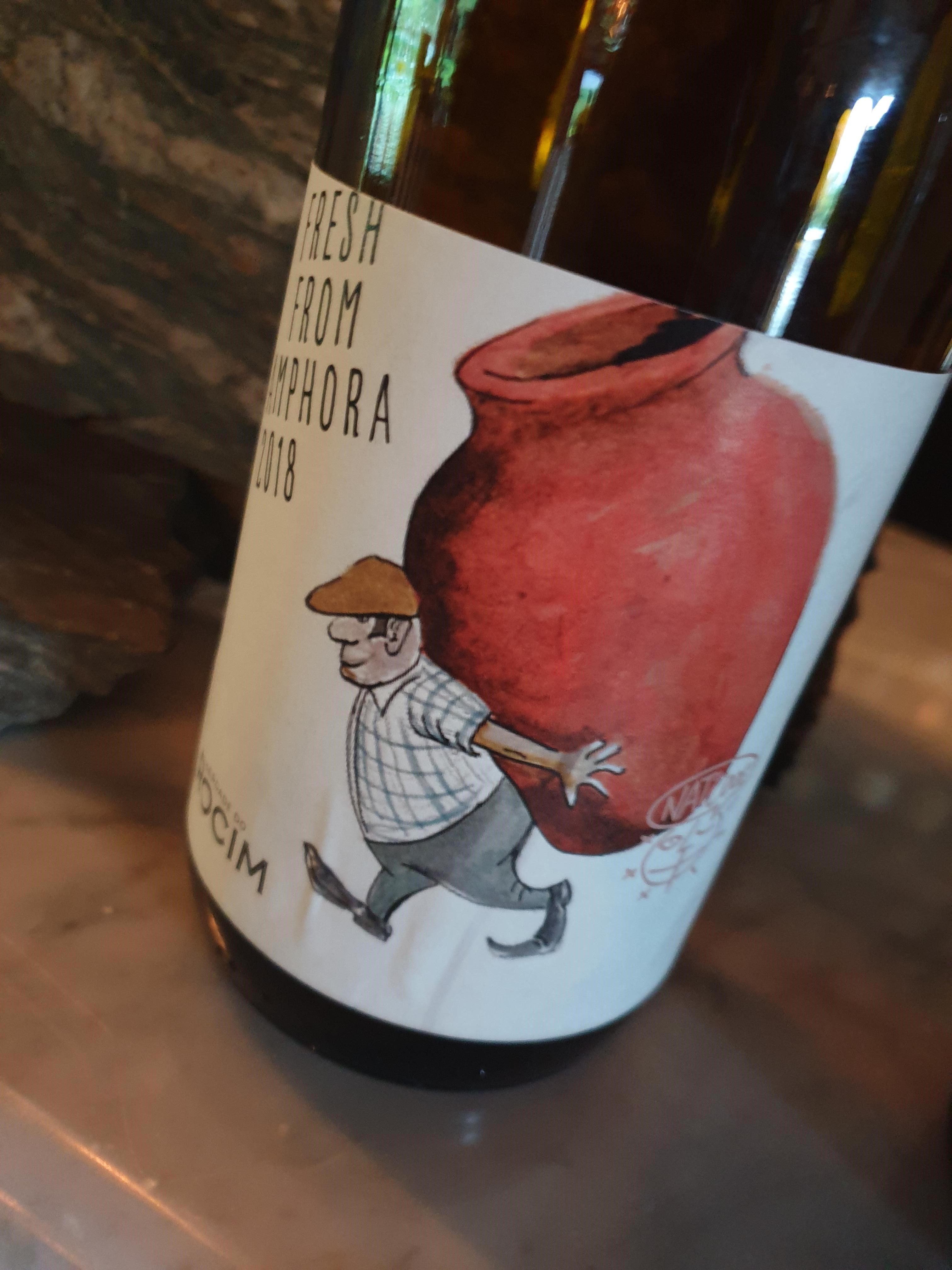Top Image: Antonio Amorim speaking at Cape Wine 2022
Solutions for and action on environmental sustainability are the only options left, as time is running out and there is no Plan B with which to tackle the tremendous pressure on the world’s resources. Speaking at the Cape Wine 2022 showcase in Cape Town, António Amorim, president of Portuguese cork company Amorim, the largest supplier of cork stoppers to the global wine industry, said that in 28 years’ time – 2050 – the world population is set to reach 9.8 billion people.


